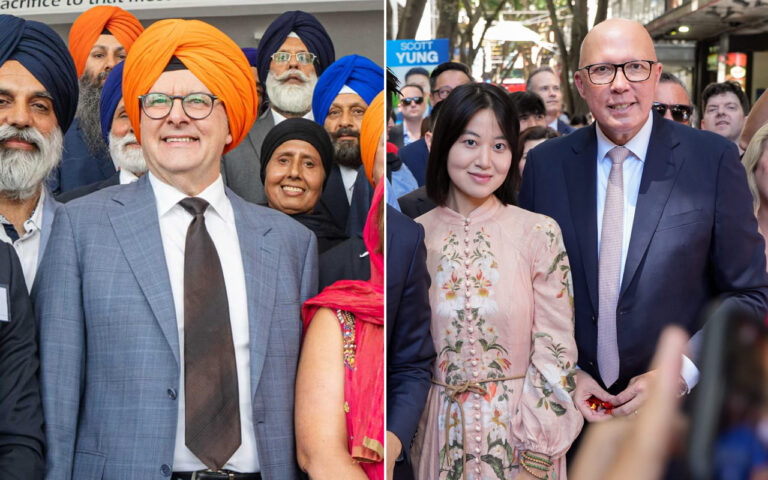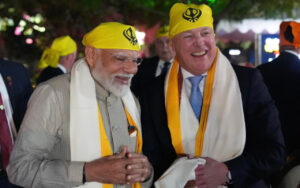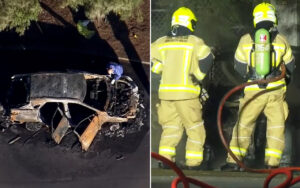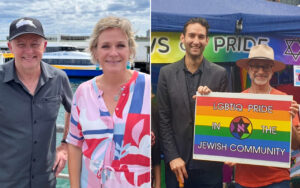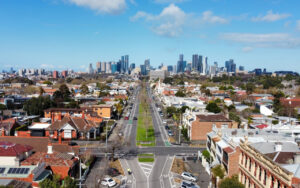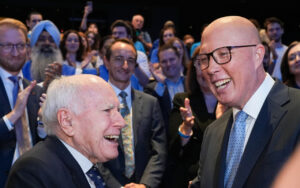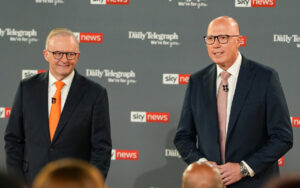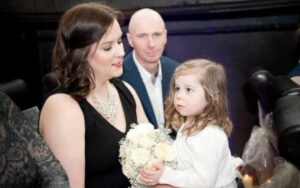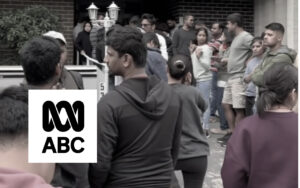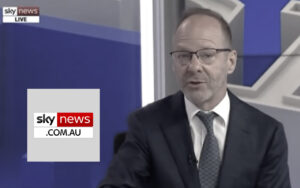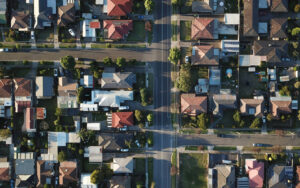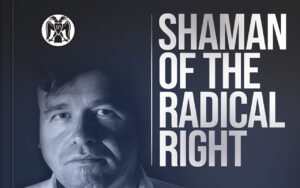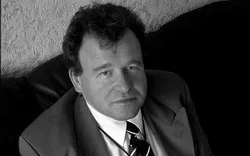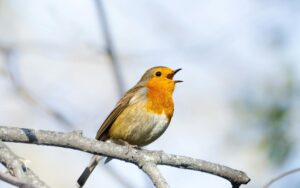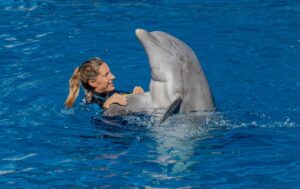The vast majority of Australians want immigration lowered, and most think their views are being ignored by the government and the “elites”, according to a new poll.
A report on The Australian Population Research Institute (TAPRI) survey released on Wednesday also found that most Australians do not want more diversity, are uncomfortable with multiculturalism and oppose using immigration to fill so-called skills shortages.
Authors Katharine Betts and Bob Birrell said the December survey of 3,024 voters found there was a divide between the elites and the electorate, and that most Australians do not support the left-wing values and neoliberal immigration policies favoured by the major parties.
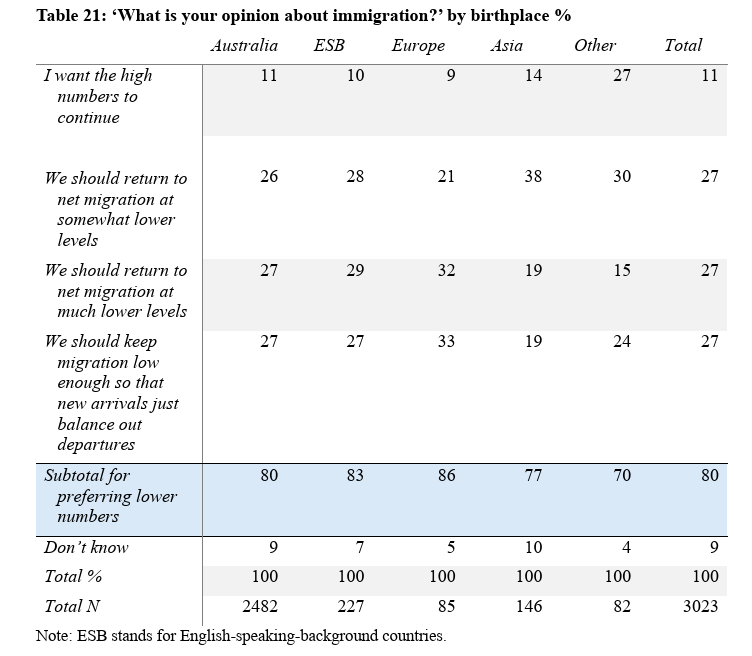
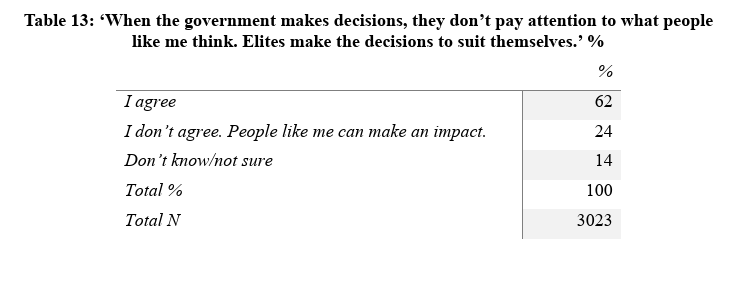
“Most Australian voters do not accept the prevailing neoliberal agenda or its associated progressive values. They especially do not accept the Big Australia immigration commitments,” they wrote in the report.
“The elite’s agenda hangs like a veneer above most voters, barely touching their judgements on most issues.”
The survey found that 62% agree with the statement “when the government makes decisions, they don’t pay attention to what people like me think. Elites make the decisions to suit themselves”, 24% disagreed, and 14% were unsure.
On immigration, 80% said they want lower numbers, with an even split of 27% saying net migration should either return to somewhat lower levels, much lower levels, or be at net zero. Only 11% want the current high numbers to continue, and 9% said they did not know.
In 2022, 65% of voters said they thought Australia did not need more people, which rose to 71% in 2023 and 73% in 2024.
When asked if they thought high immigration pushes up the cost of housing, 76% of those surveyed said they either agreed (35%) or strongly agreed (41%), while only 7% disagreed and the remainder were unsure.
A clear majority of 67% also opposed dealing with so-called worker shortages with immigration, and the survey found that people whose sense of attachment to Australia was strongest were most likely to prefer to train locals and raise wages instead of bringing in foreign labour.
Only 23% of voters said Australia needs more diversity, with 37% saying “we have enough” and 30% saying national unity and a shared Australian identity should be encouraged instead.
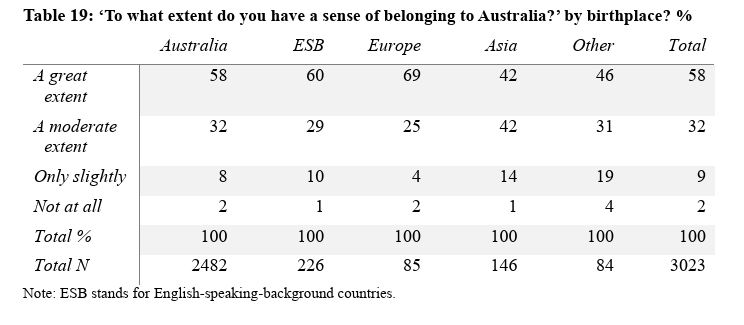
Broken down by country of birth, 22% of those born in Australia want more diversity, compared to 20% of those born in English-speaking background countries (ESB), 15% from Europe, 43% from Asia, and 28% from other countries.
Those born in Asia and other non-ESB or non-European countries are also more likely to want high immigration numbers to continue – 14% and 27% respectively – compared to only 9% of those born in Europe, 10% of those born in ESB countries, and 11% of the Australian-born.
The question on worker shortages showed similar results, with 30% of those born in Asia, and 41% of those born in other countries in favour of “letting in as many migrant workers as employers want to employ”, compared to 20%, 19% and 19% of Australia, ESB and Europe-born voters respectively.
A majority of voters, 59%, also agreed that immigration selection policy should include taking into account a migrant’s ability to fit into the Australian community. The ESB-born were most in favour on 72%, followed by 61% of those born in Europe.
On values and economics the survey again found the electorate do not support the neoliberal agenda.
Asked whether Australia should protect the manufacturing sector with tariffs, 67% said “yes”. 47% said they thought Australia was on the wrong track compared to 33% who thought the opposite, and just 33% said they were very worried about climate change.
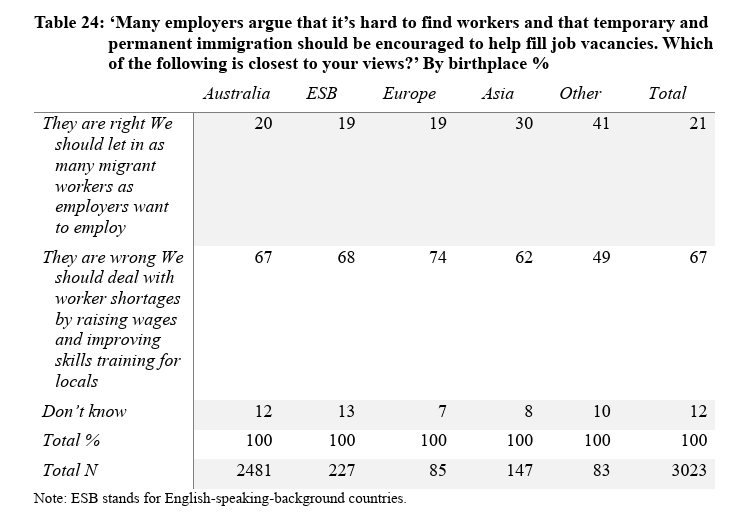
On taxes, 65% want the government to stop reducing tax levels and increase them for high income earners and big business, 53% want government handouts for energy bills and solar projects to continue, 70% want the government itself to build a large number of homes for rent and for sale, and 61% support government subsidising the construction of new homes.
Only 11% of voters said they thought men who claim to be women should be allowed to compete in women’s sports, with 74% opposed and 14% unsure.
Asked the question “Some people argue that a woman is anyone who identifies as a woman, regardless of their sex when born. What do you think?” 25% agreed or strongly agreed, 22% neither agreed nor disagreed, and 53% disagreed or strongly disagreed.
Voters surveyed also strongly rejected the idea that indigenous people have a uniquely special sense of Australia being their homeland, and 80% agreed with the statement “Just as it is for Indigenous people, Australia is my special home too”.
When asked about a sense of belonging to Australia, 58% said they belonged to a great extent, 32% to a moderate extent, 9% only slightly, and 2% not at all.
The “only slightly” and “not at all numbers” were highest from those born in Asia (15%) and other countries (23%), and lowest for those born in Europe (6%), ESB (11%) and Australia (10%).
Header image: Left, Prime Minister Anthony Albanese panders to Sikhs. Right, Opposition leader Peter Dutton panders to Chinese (Facebook).
